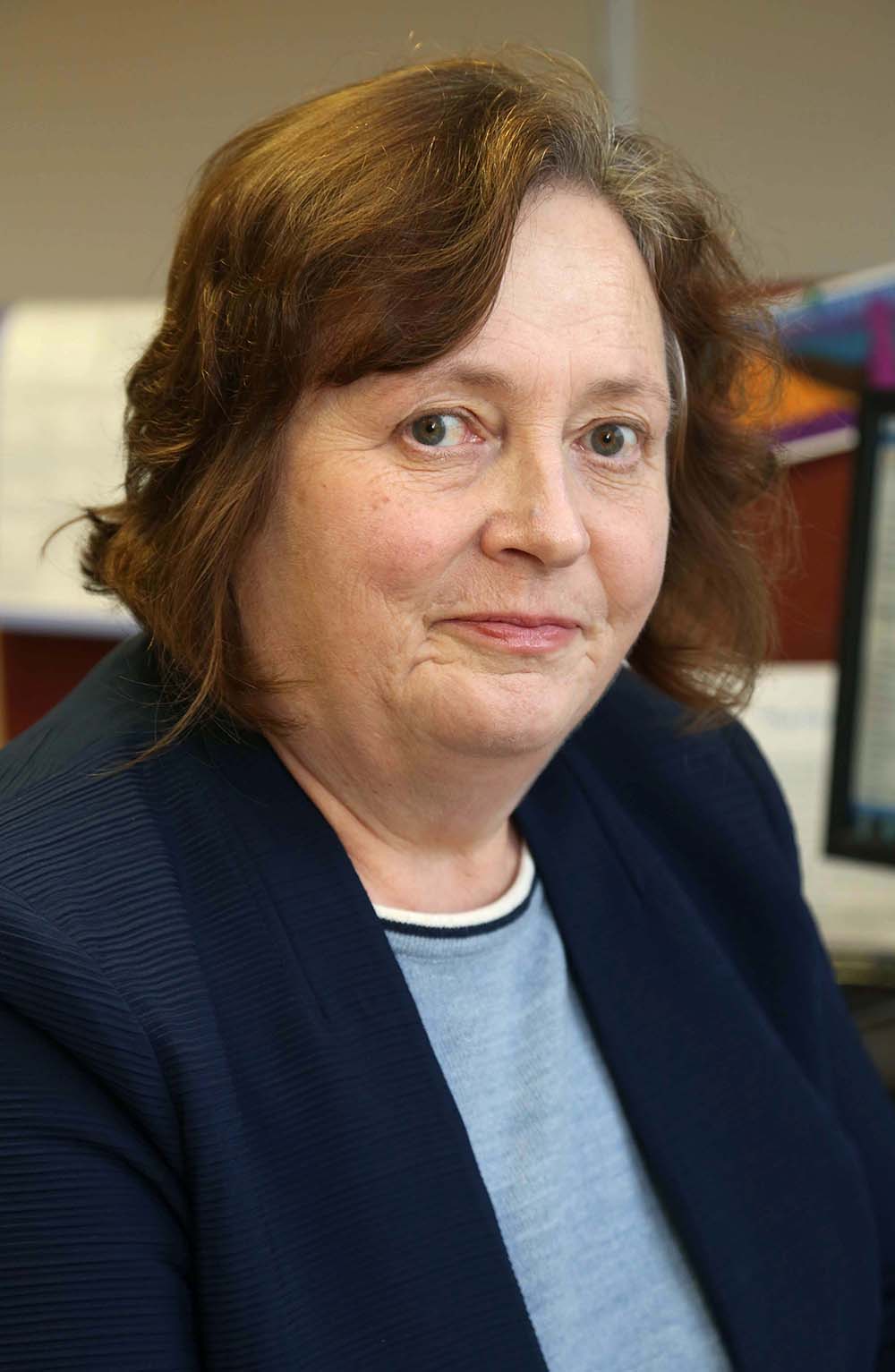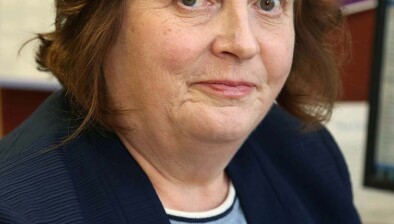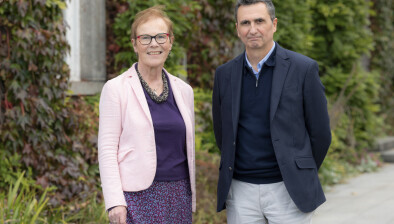FLAC calls for socio-economic status and gender identity to be included in equality bill

Eilis Barry
Proposed new equality legislation should also ban discrimination on the grounds of socio-economic status and gender identity, FLAC has said.
The legal rights group appeared before the joint Oireachtas equality committee yesterday morning as part of the pre-legislative scrutiny of the general scheme of the Equality (Miscellaneous Provisions) Bill 2024.
FLAC has welcomed many of the proposals in the bill, which arises from a review of the Equality Acts, but says it “requires improvement and expansion”.
The bill will massively increase the levels of compensation available to victims of discrimination from €15,000 to €75,000 in cases concerning access to goods services, accommodation and education heard by the Workplace Relations Commission (WRC).
It will allow the WRC to hear discrimination complaints against licensed premises such as pubs and hotels, which are currently dealt with in the District Court — which, FLAC says, is less accessible, more adversarial and carries the risk of costs.
While the bill will improve reasonable accommodation for people with disabilities, FLAC says this should be extended to apply to all providers of goods and services, rather than just certain large businesses and public bodies as the general scheme currently proposes.
The bill will also extend the time limit for making a discrimination complaint from six months to one year. FLAC has welcomed the change but believes that time limits should not begin to run until any internal dispute mechanisms have been resolved.
However, FLAC has said there remain gaps in the general scheme, in particular its failure to ban discrimination on the grounds of socio-economic status and gender identity.
The bill should also bring State bodies like An Garda Síochána and the Irish Prison Service clearly within the prohibition of discrimination, it has said.
FLAC has made a detailed written submission to the Oireachtas committee, which has been endorsed by the Irish Network Against Racism and the Irish Council for Civil Liberties.
Eilis Barry, FLAC chief executive, said: “FLAC are acutely aware of the limitations in the equality legislation, including gaps in its scope and grounds, procedural issues that make it difficult to make a claim, and the ineffective remedies especially in goods and services cases.
“We are also aware of the huge demand for information, advice and legal representation, in relation to this complex, convoluted and completely inaccessible legislation.
“We are aware of this from the casework arising from our dedicated legal services for the Traveller, Roma and LGBTQI communities, our casework on behalf of people with disabilities, and the numerous NGOs that contact us all the time seeking advice and representation in equality cases.”
She continued: “The significance of the general scheme cannot be overstated. While it requires improvement and expansion, it will be the most significant reform of the legislation in the last two decades.
“During that time we have seen a worrying rise in discrimination, prejudice and intolerance in this country. This requires strengthened equality legislation, which gives effect to our Constitution’s guarantee of equality before the law and EU requirements.
“Equality legislation is the expression and repository of our shared values of respect and dignity — values that underpin our belief in human worth. The ambition we bring to this legislation is a measure of our concern for creating and progressing a caring, inclusive and flourishing society.
“Some of the measures outlined in the general scheme have the potential to breathe fresh life into the prohibition of discrimination and to encourage the development of a culture of compliance with equality law.
“If enacted as it is currently drafted, the bill will have a very positive impact, especially for Travellers and people with disabilities.”









